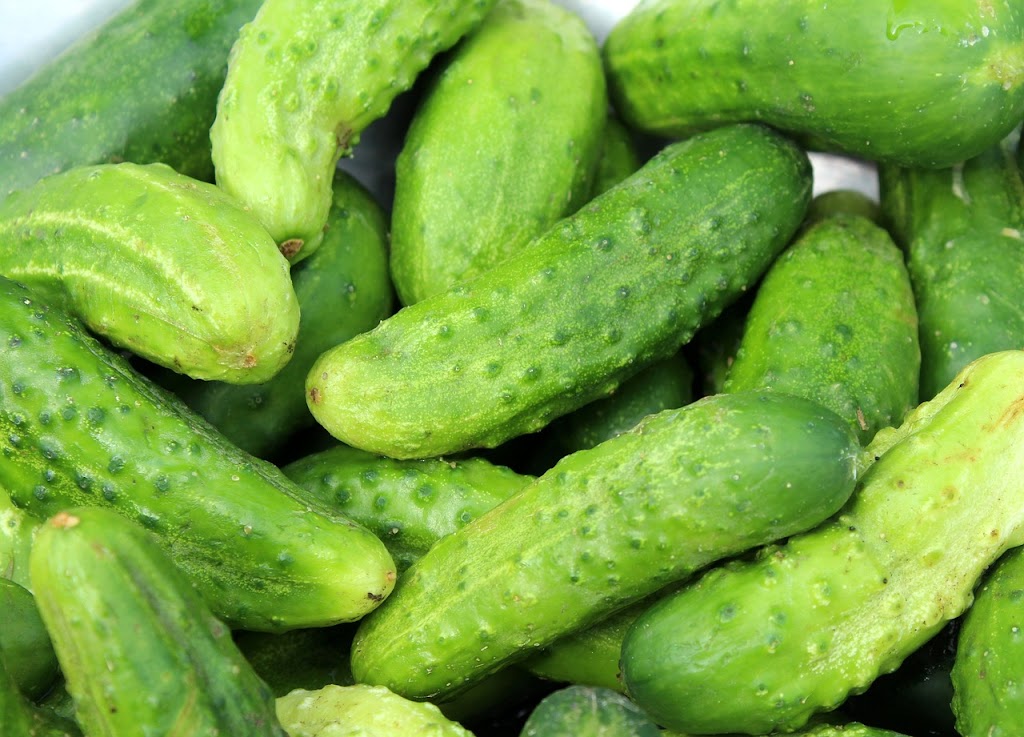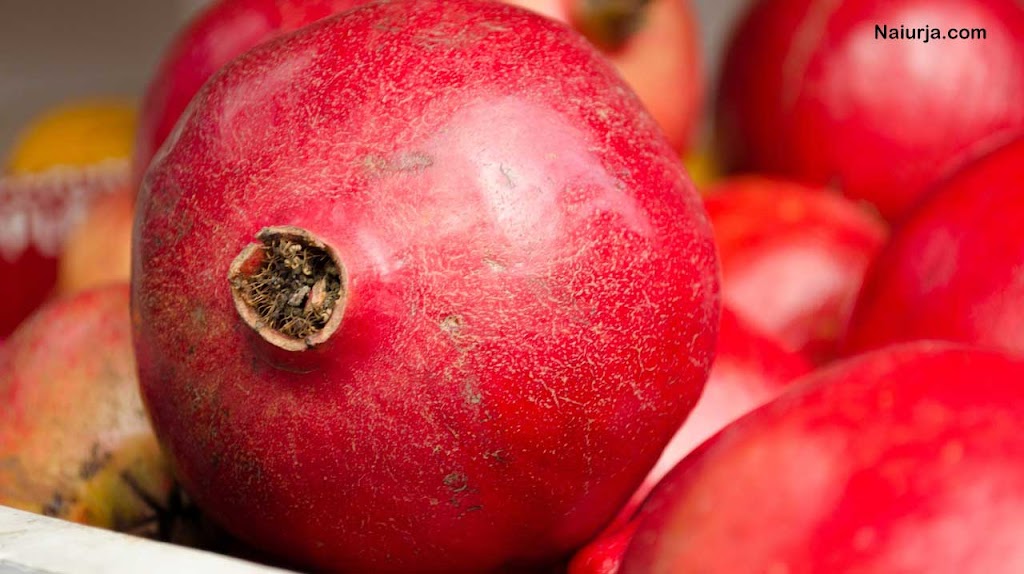Apricot Fruit: 20 Benefits of Dry Apricots For Diabetes How Many Dry Apricots Can a Diabetic Patient Eat in a Day
Apricot Fruit
Apricot is a delicious and nutritious fruit that is loved all over the world. Apricots are small, round fruits with velvety, orange skin and yellow-orange flesh. They have a slightly tart and sweet flavor that is often compared to peaches.
Apricots are rich in vitamins and minerals, making them a healthy addition to any diet. They are a good source of vitamin A, vitamin C, potassium and dietary fiber. Vitamin A is essential for maintaining healthy vision, while vitamin C is a powerful antioxidant that helps protect the body from free radical damage. Potassium is important for controlling blood pressure and maintaining a healthy heart, while dietary fiber is essential for maintaining good digestive health.
Apart from the nutrients, apricots are also used in various culinary dishes. They can be eaten fresh or dried, and are often used in baked goods, jams, and sauces. In Middle Eastern cuisine, apricots are used in savory dishes such as tagines and stews, while in Western cuisine they are often used in desserts such as pies and tarts.
Apricots are also known for their health benefits. Studies have shown that they may help reduce the risk of certain diseases such as heart disease, diabetes and cancer. They are also believed to have anti-inflammatory properties, which may help reduce the risk of chronic inflammation and related conditions.
Apricot is a delicious and nutritious fruit that offers a variety of health benefits. Whether eaten fresh or cooked, they are a versatile ingredient that can be used in a wide variety of dishes. So the next time you’re looking for a healthy snack or ingredient to add to your favorite dish, consider adding some apricots to your diet.
Read also :- What are the 6 health benefits of beetroot, know in detail








